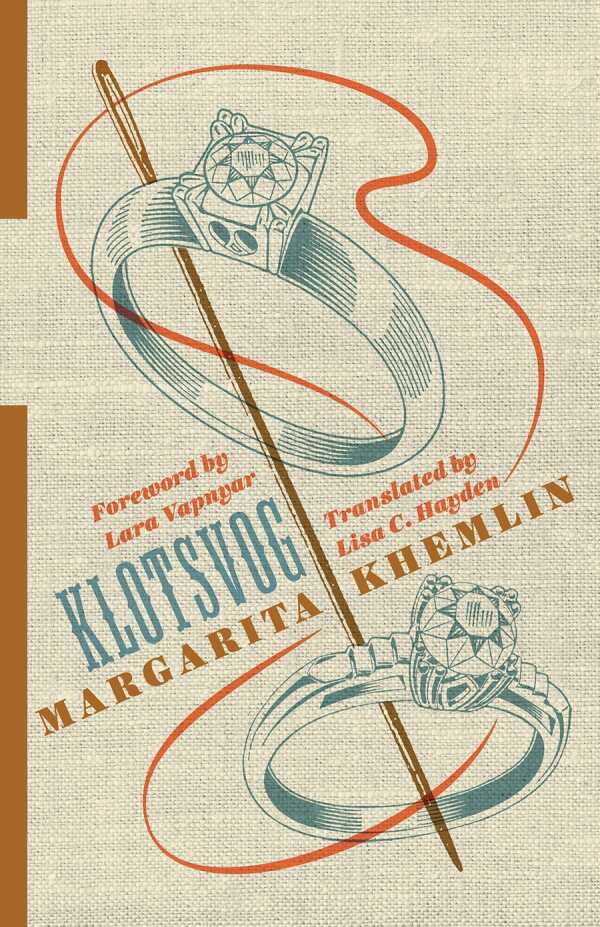Klotsvog
Maya Abramovna Klotsvog, a Jewish Ukrainian mathematics teacher born in 1930, comes of age during the Soviet Union’s post-war era of power and becomes an exemplary Russian woman, wife, and mother in every respect. If you believe this, you should never play two truths and a lie.
Margarita Khemlin’s Klotsvog tells Maya’s story in the form of a fictional memoir. Maya emphasizes that people “lack the persistence to live. Especially certain people. I have always had persistence and understanding.” And she does. In spades. With cunning that’s as breathtaking as her denials, Maya’s memoir casts the shadow of her sinuous dramatics.
Always aiming for more personal security, Maya navigates the cultural undercurrents of Russian society without acknowledging the toll. Manipulating the desires of those around her, she trades on her femininity and beauty until the other person’s utility expires. Then she moves on decisively, brooking no argument. Maya’s revelations often hide in repetitive sentences that create a sense of distance and disassociation from what she refers to, with perversity, as “just the facts” before stating that facts are “not the point.” Her flippant shifts between grand statements and immediate dismissals generate suspicion about her perceptions and what’s happening in reality. The challenge is discerning where and if she’s gotten facts twisted.
Klotsvog is a story of everyday darkness told by the ultimate unreliable narrator. Armed with endless justifications, Maya’s compelled by the power of what she sheds, whether it’s her Jewish heritage, her Ukrainian roots, her failed relationships, or her self-awareness. Yet part of what makes her confusing and compelling is the core of practical ambition, survivorship, and threat that lies beneath her vanity. As Maya vibrates on a frequency between ruthless self-determination and charming narcissism, Klotsvog infects its audience with a compulsion to determine which dominates.
Reviewed by
Letitia Montgomery-Rodgers
Disclosure: This article is not an endorsement, but a review. The publisher of this book provided free copies of the book to have their book reviewed by a professional reviewer. No fee was paid by the publisher for this review. Foreword Reviews only recommends books that we love. Foreword Magazine, Inc. is disclosing this in accordance with the Federal Trade Commission’s 16 CFR, Part 255.

